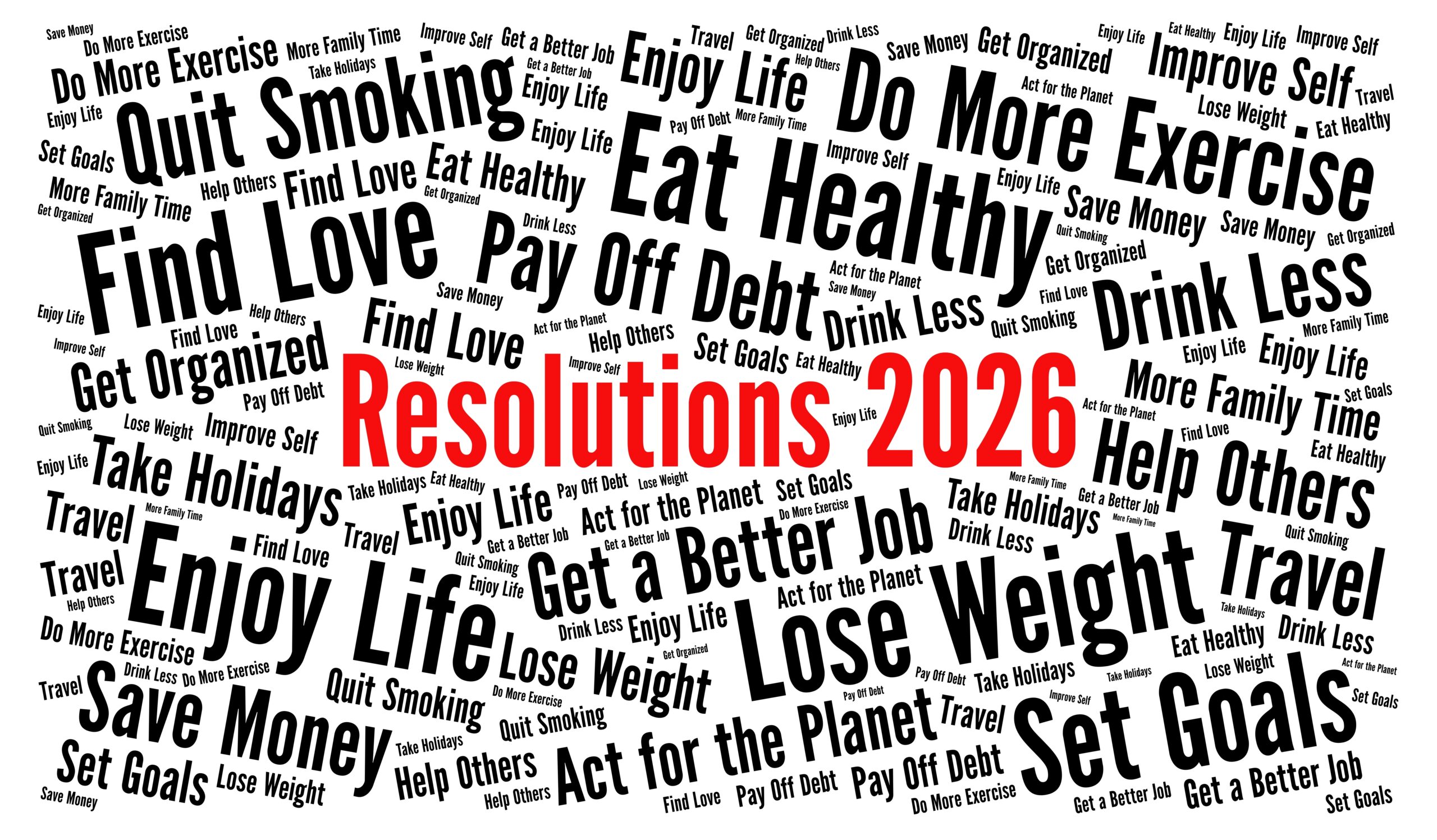We’ve all been there.
You know the voice in your head:
“Why can’t I just stay consistent?”
“I always fall off.”
“I was doing great until I missed a few days. Now, what’s the point?”
If you’ve ever felt stuck in that cycle, you’re not alone. But here’s a little truth bomb:
Consistency isn’t something you force. It’s something that emerges when you stop trying so hard.
Surprising, right? But neuroscience backs this up. Let’s talk about why trying to be perfectly consistent might be the very thing getting in your way—and what actually works instead.
Why “Consistency Culture” Fails You
We’ve been taught to treat habits and behavior change like a performance:
Never miss a day. Track everything. Keep the streak alive. Hustle harder.
But when life happens—because it always does—you skip a day. Then two. Suddenly, your motivation tanks, and the shame creeps in. What’s going on?
It’s not about willpower. It’s your brain.
Specifically: the habenula. It’s the part of the brain that activates when you think you’ve failed. Research shows that when the habenula lights up, it suppresses motivation. You stop feeling that spark to keep going. You might even feel hopeless.
In other words: all those “failures” your habit tracker is counting against you? They’re quietly killing your progress potential.
The solution? Don’t trigger the habenula in the first place. That means reframing what consistency really means.
The Neuroscience of Iteration
Here’s what your brain responds well to: flexible repetition.
This is called neuroplasticity. That’s the science term for your brain’s ability to rewire itself through experience. Thankfully, it doesn’t require perfection. It thrives on iteration:
Try something → See how it goes → Adjust → Try again.
That’s how real change happens.
This kind of learning builds resilience. It allows you to take breaks without guilt, come back without shame, and adapt without giving up.
And that’s what creates long-term consistency, without the burnout.
What Real Consistency Looks Like
Let’s take Amy.
Amy started using the Fresh Tri app to build a walking habit. Some weeks she used the app three days. Some weeks, she forgot entirely. One week she caught the flu and didn’t log anything.
But she didn’t quit.
By making tweaks (iterations) to her practice, Amy made progress in building a health habit of walking regularly—and not because she nailed every day. But because she kept coming back.
Each time she showed up again, she was rewiring her brain to treat iteration as normal. That’s the power of consistency without pressure.
Real consistency isn’t a perfect streak. It’s the willingness to start again.
Want to Be Consistent? Take the Pressure Off
So if you’ve been beating yourself up for falling off track, pause.
You didn’t fail. You practiced. And now it’s time to practice again.
Forget the all-or-nothing mindset…the guilt spiral…the streaks.
Instead, ask:
“What’s the next thing I can try today?”
That’s how consistency —and results—really happens.
Add Fresh Tri To Your Daily Plan
For more healthy habit ideas that work with your brain, download the Fresh Tri app today.













